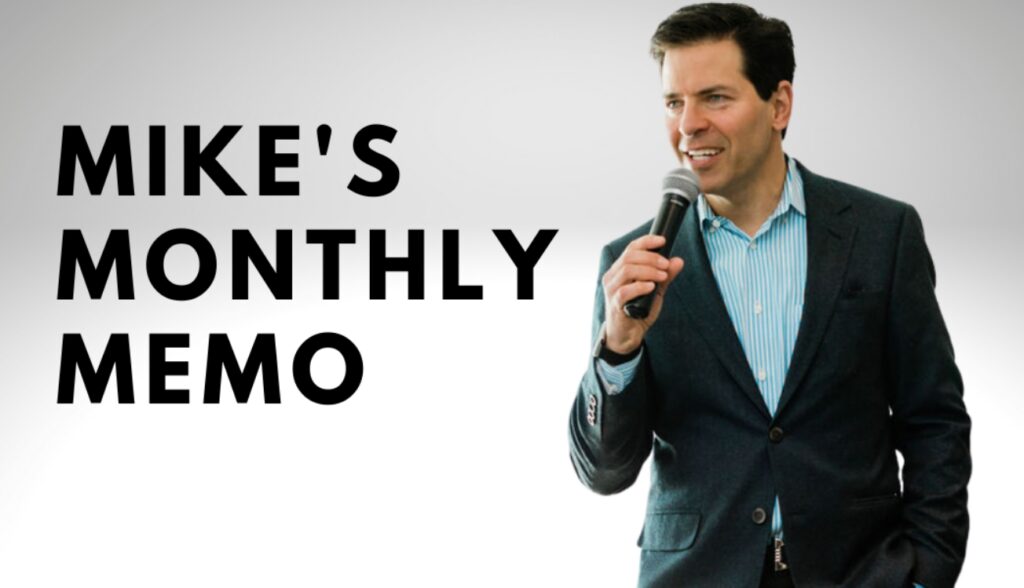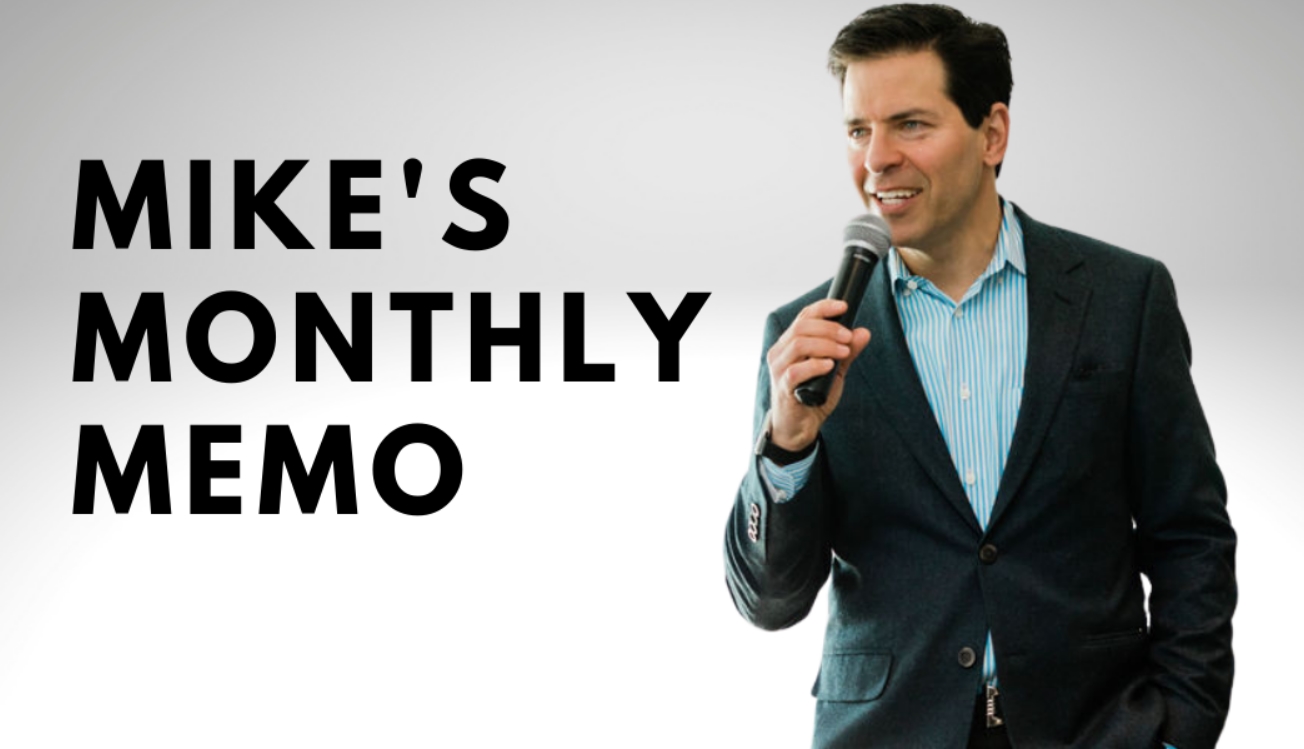
There’s been a lot of conversation about declining year-over-year sales or rising months of inventory. In June, sales were down 41.4% from last year, with inventory up to 2.5 months from 1.02 in 2021. In May, sales were down 38.8% from 2021, with inventory up to 2.1 months from 1.03. In April, sales were down 41.2% from 2021, with inventory up to 1.64 months from 0.85. I could go on, but you get the picture.
In my opinion, you can’t use the market in 2021 as a benchmark for determining the current health of the housing market. It would be more accurate to look at 2017, 2018, 2019, and early 2020. Let’s not forget, these were scorching hot markets, averaging 88,200 sales per year. No, they were not 2021, but who can forget when in 2017, all three levels of government converged to implement measures to slow down the real estate market?
At the time, the government introduced polices such as the Non-Resident Speculation Tax (often referred to as the foreign buyers’ tax), along with several other programs intended to increase supply and protect renters. This added a degree of uncertainty to the market, and we immediately saw reductions in month-over-month unit sales and in month-over-month average price points. In fact, between April 2017 and December 2017, average sales prices decreased about 20%.
Fortunately, homes aren’t a Real Estate Investment Trust (REIT)…they aren’t normally something you buy to get in and out of like an investment market. Homes are to be lived in. The average homeowner keeps their property for between 7 and 10 years. It’s not a flip for a quick profit…it’s a home.
So, let’s look back at 2017. Interestingly, had you bought in April, which was peak pricing for the year, by the second quarter of 2020 average prices were on par. That is not a lifetime, that’s less than 3.5 years. Within four years, average prices were up roughly $170,000.
So, while average sales prices are creeping downwards and may continue to do so through the summer – none of us have a crystal ball, but this is the current trend – I’m less concerned with what’s happening over small periods of time. I understand the nature of the asset and its value as both financial and functional. History says that if you buy and hold real estate, you will come out ahead.

